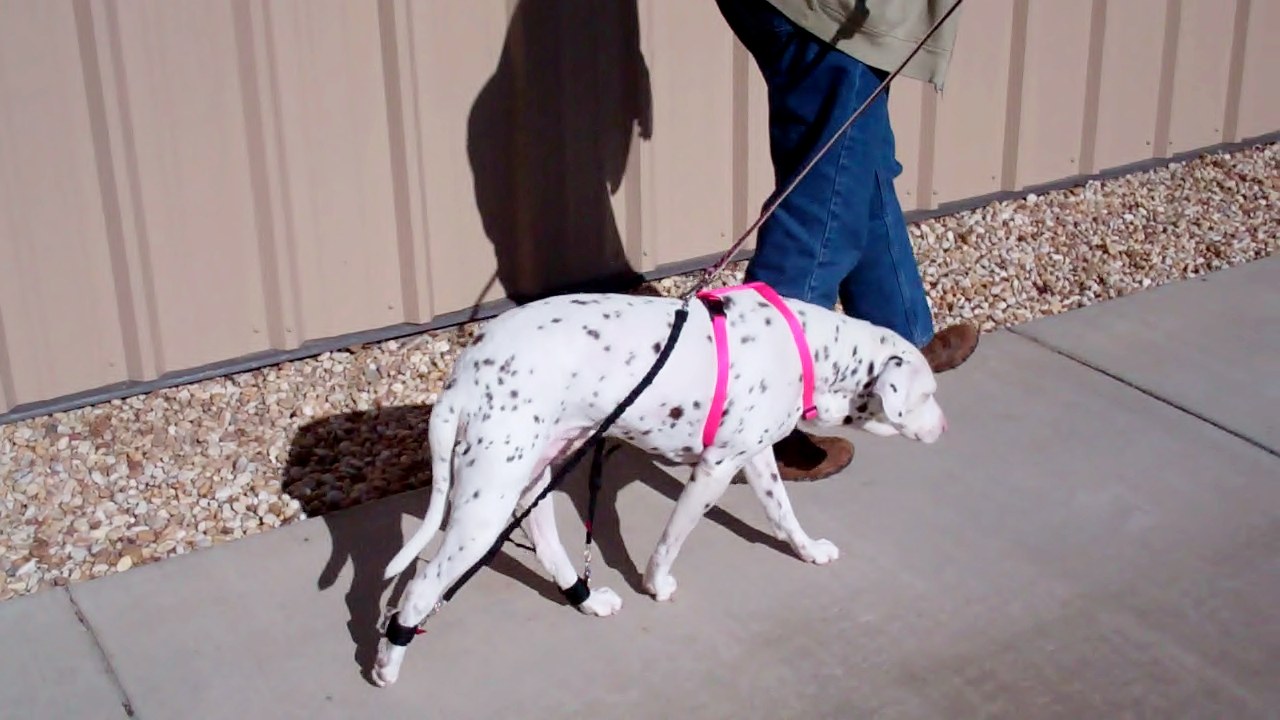Like with people, pets of any age can develop cancer, but older individuals are at higher risk. Cancer refers to a group of cells that grow quickly, invade or spread throughout the body. Different types of cancer may affect any area of the body ranging from the blood, bone, brain and breasts to the skin, pancreas, liver or kidneys. For pets, early detection can improve the chances of recovery by offering the most options for treatment. For example, a small bump surgically removed early in its development may be curative of that type of cancer and prevent its spread.
Therapy options for cancer in pets have improved. There are new medications like protein kinase inhibitors that are available to treat mast cell cancer with minimal side effect s. The improved scientific understanding make conventional therapies like chemotherapy and radiation safer and more effective than ever before with less side effects. The veterinary profession’s understanding of supportive or palliative care can improve quality of life by treating the side effects of the cancer. Acupuncture, supplements and certain herbals can also support a patient with cancer.
Below are 10 questions to ask yourself every month to screen your pet for cancer:
- Does my pet have any sore that will not heal?
- Is there bleeding or discharge from any body opening?
- Are there abnormal lumps, bumps or swellings that persist?
- Is my pet having difficulty eating or swallowing?
- Is my pet losing weight?
- Is my pet giving off an offensive odor from a particular area?
- Is there any difficulty in breathing, loss of energy or lack of stamina?
- Does my pet limp or have a lameness that persists or worsens quickly?
- Does it take more time for my pet to urinate or defecate or is there straining?
- Is my pet aging quickly or have a change in behavior?


